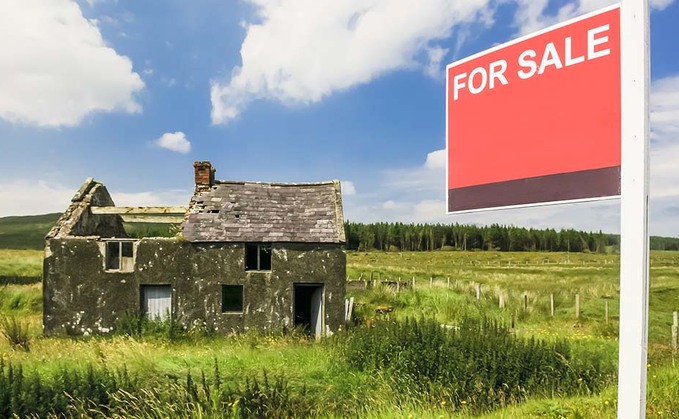
Farming is the bedrock of the rural economy and fundamental to its success - 70 per cent of land in the UK is farmed and farmers have a role in caring for much of the rest of it. In England alone, rural...

Farming is the bedrock of the rural economy and fundamental to its success - 70 per cent of land in the UK is farmed and farmers have a role in caring for much of the rest of it. In England alone, rural...
PEDIGREE HEREFORD AND ANGUS BULLS FOR SALE